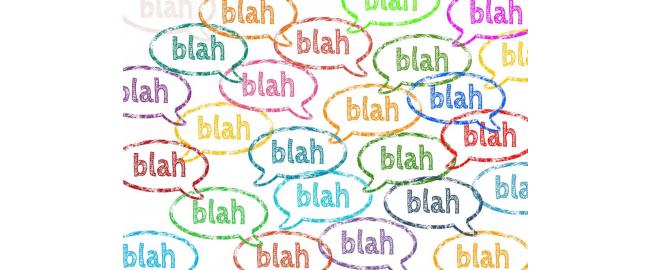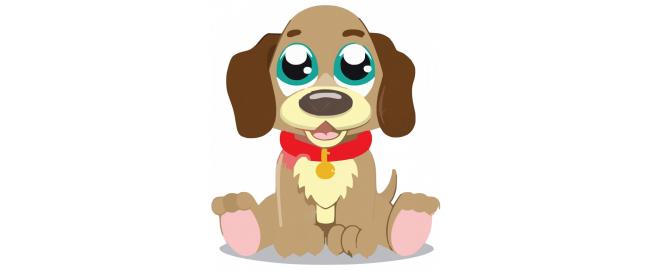The Therapy of Distraction
Everyone needs a hobby, no matter what their personal circumstances might be. The lower you feel, the harder to focus, the greater need for a distraction
In times of stress, anxiety and depression, taking time out to enjoy what was once a previous hobby can be more difficult than ever.
Even if you have vast amounts of time on your hands. When depression takes its hold on me, I can spend hours in bed, looking up at the ceiling and have no idea where the time has gone. Getting into this state is stepping into very dangerous ground. When I’m like this, this is when my mind wonders into dark territories it wouldn’t otherwise wonder to. That is why every person with depression, anxiety, a propensity to self harm or any other mental health concern, needs one important thing – a distraction.
The nature of the distraction can vary massively from person to person. For some people it might be sound so you could do any of these:
- Listen to music
- Find a podcast that interests you (I love this one)
- Listening to conversations going on outside (I live in a busy area so I do this from time to time)
- Focussing on noises around you. Is there a fan blowing? Is the cat purring next to you?
For some people, it might be visual, so you could:
- Put the TV on. Make sure it’s something you’ll need to concentrate on – occupy your mind
- Try your best to reach out and see someone (possibly the hardest one of all)
For others it could be touch or sensations, so you could:
- Cuddle up with your dog or cat (my personal favourite my cat Simba has been my hero through my troubles – I’ll talk more about this another time)
- Have a bath and wash your hair
- If you live with a partner, simply ask for a cuddle
Whilst all of these things can sound so simple or even silly to some. They can really distract your train of thought. Podcasts are a great distraction to me. I have some really funny ones, as well as some quite dark ones I love. A personal recommendation would be from the comedian Frankie Boyle called “Prometheus”. Or, a funny one called “Death in The Afternoon”. Take a look and hopefully you’ll see why I like them. They’re welcome distractions when my mind starts to wonder to places I don’t want it to go.
Going out and seeing people may seem like the last thing you want to do when you’re feeling low. However, chances are you’ll feel leagues better for it once you bite the bullet. I have one particular friend, Karen, who was calling me every day for nearly two weeks, regardless as to whether or not I answered, just to let me know she was still there. When I eventually answered the phone she was shocked but happy, and invited me to her house straight away. She even threatened to come and get me even though I could drive myself. I managed to get myself there and it really lifted my spirits. Focussing on conversation with others, even if it is talking about my own feelings, helped the darkest of the thoughts fall to the back of my mind, knowing someone was there and was willing to listen. Keep talking. It’s harder to talk and think at the same time than you realise.
Having a supportive partner during times like these always makes a world of difference. My partner, Brian, knew what he signed up for from day one, as I gave him advanced warning. He’s seen my plummet into my depths twice and he’s helped me out of them two. Whether that be through arranging things to get me out the house (he knows I can’t say I know to an evening at the local Buzz Bingo hall on a Thursday evening – don’t judge), or a pep talk to get me put of bed because I can’t face getting in the shower, let alone facing the world. He’s been there through thick and thin since the day we met. I couldn’t ask for more of a person if I wanted to. When you’re feeling low, you can’t help but feel you don’t deserve it, and I’m guilty of the same thing. You need to keep reminding yourself every day – I AM WORTHY. Positive affirmation is key.
I don’t want people to think I write these posts in an effort to be bossy. I write them to help people who have been, or still are in my situation. People who are looking for someone to relate to and looking for coping mechanisms they may not normally necessarily try. I had some of these suggested to me by friends who have suffered depression in the past, through mental health teams and when I was an inpatient in a psychiatric unit myself (again, something to discuss another time). Some of these things have saved my life. I hope they can help other people.












Comments